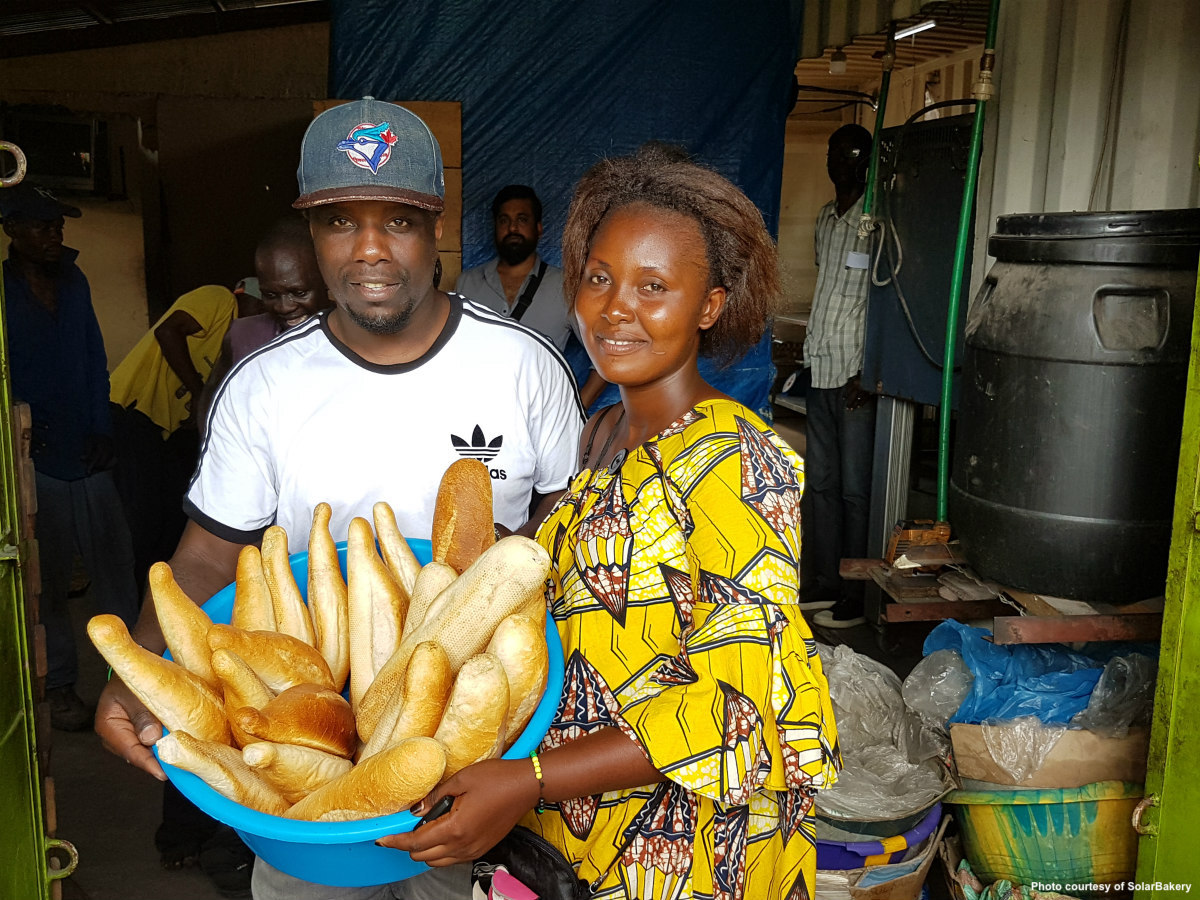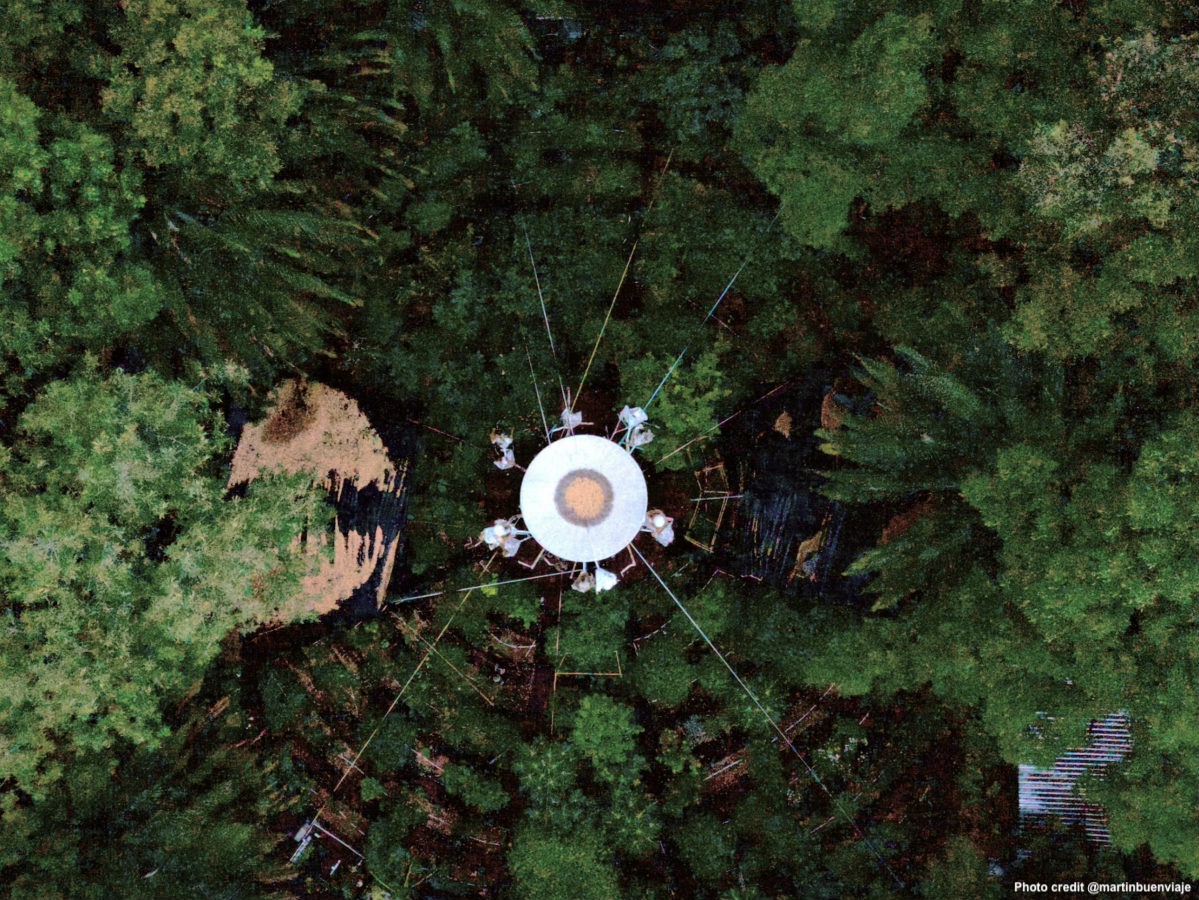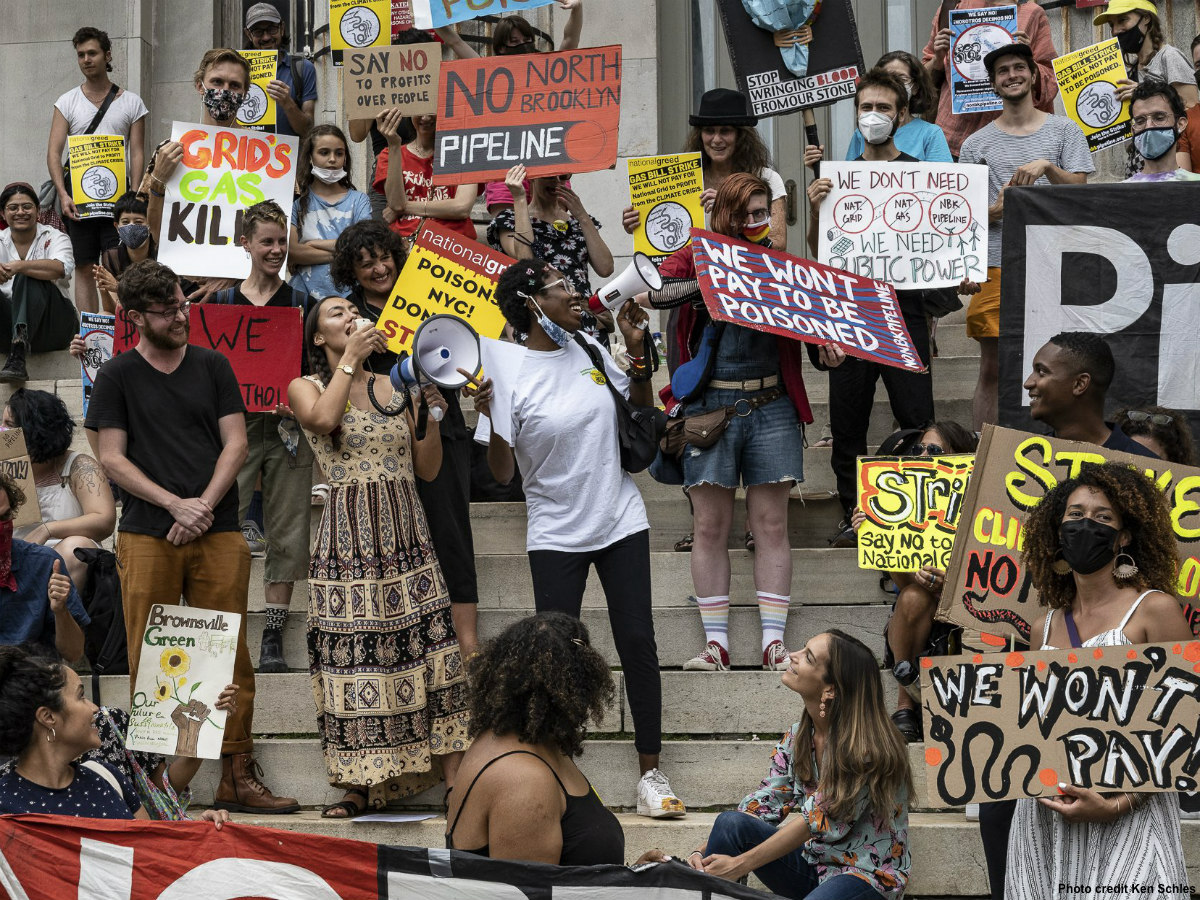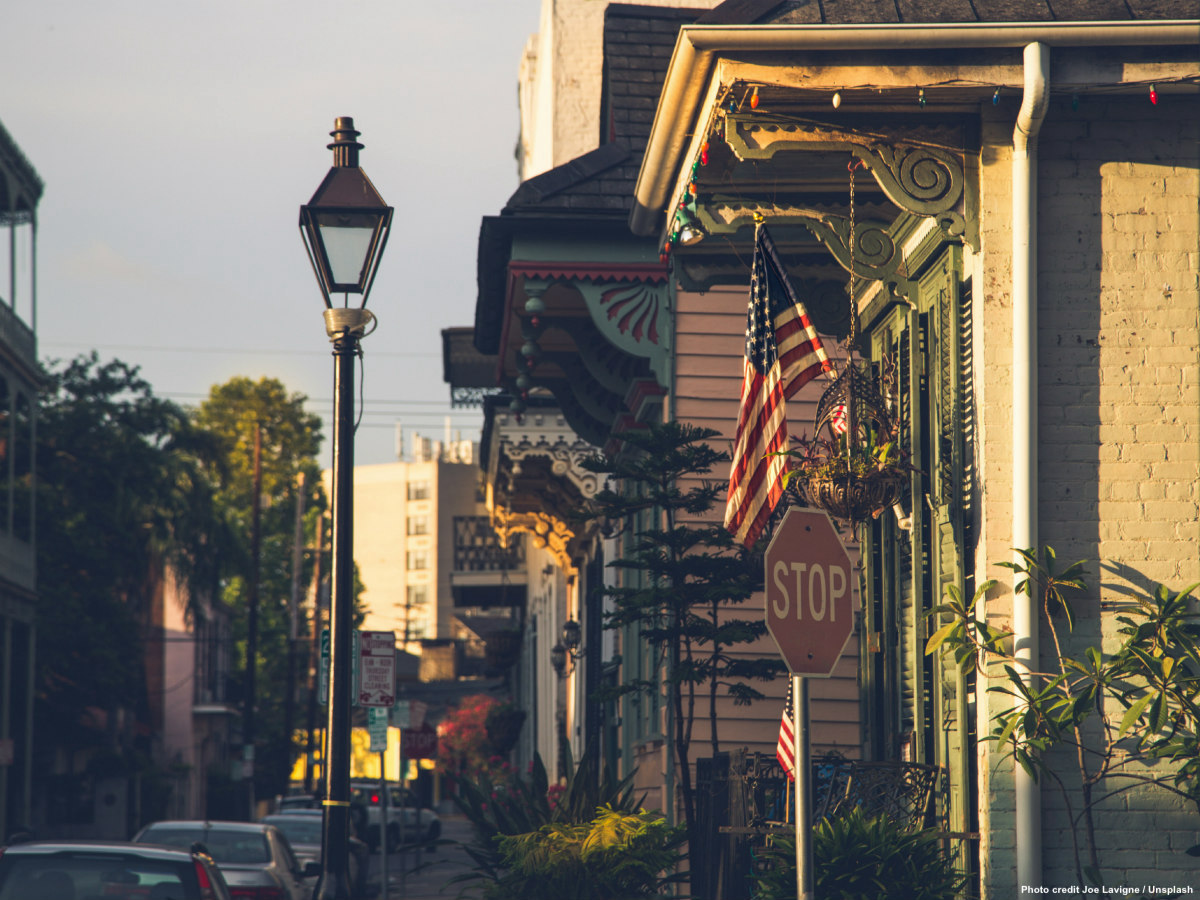Millions of baguettes are sold each day around the world. Officially, the best baguette can be found in Paris where a competition runs every year with a cash prize for the best baker in town and the honor of supplying the Elysée for a year. This prize for one of the most potent symbols of French culture is ethnically diverse and every year reveals how bread-making provides an environment for change.
Around Paris traditional boulangeries are run by people originally from Senegal, Tunisia and other former French colonies, who can bake this loaf of bread with its crisp crust to perfection. In franco-phone Africa, people love their baguettes and boulangeries are ubiquitous. They are a staple of communities in cities and towns.
“And no matter where you are, people in Africa expect fresh bread the next day,” says Simon Zimmermann. He is the co-founder of Solarbakery, a startup based in Germany with the goal to create a network of sustainable bakeries in African cities to generate jobs and perspectives, and support sustainability along the value chain.
In 2009 Zimmermann met Sampu, a Congolese man from Kinshasa, for a car sharing ride from Munich to Stuttgart but this short encounter took Zimmermann on a much longer journey. Two years later they flew together to the Democratic Republic of Congo with plans to found a school free of charge for students, motivated by a conversation with Sampu on how people in his country struggle to get affordable education.
Once in Kinshasa they realized that there was a demand for good bread. Not being bakers themselves, they decided that they could rely on the bread-making experience in Germany to open a bakery to finance the school. Fundraising by the non-profit Ya Bana Global Care e.V would allow them to firstly build a container bakery in Germany, ship it to Africa and then build the school. The surplus of the bakery’s business, a local source of income, would cover all operating costs of the school like the teachers’ salaries so that the school would run without donations.
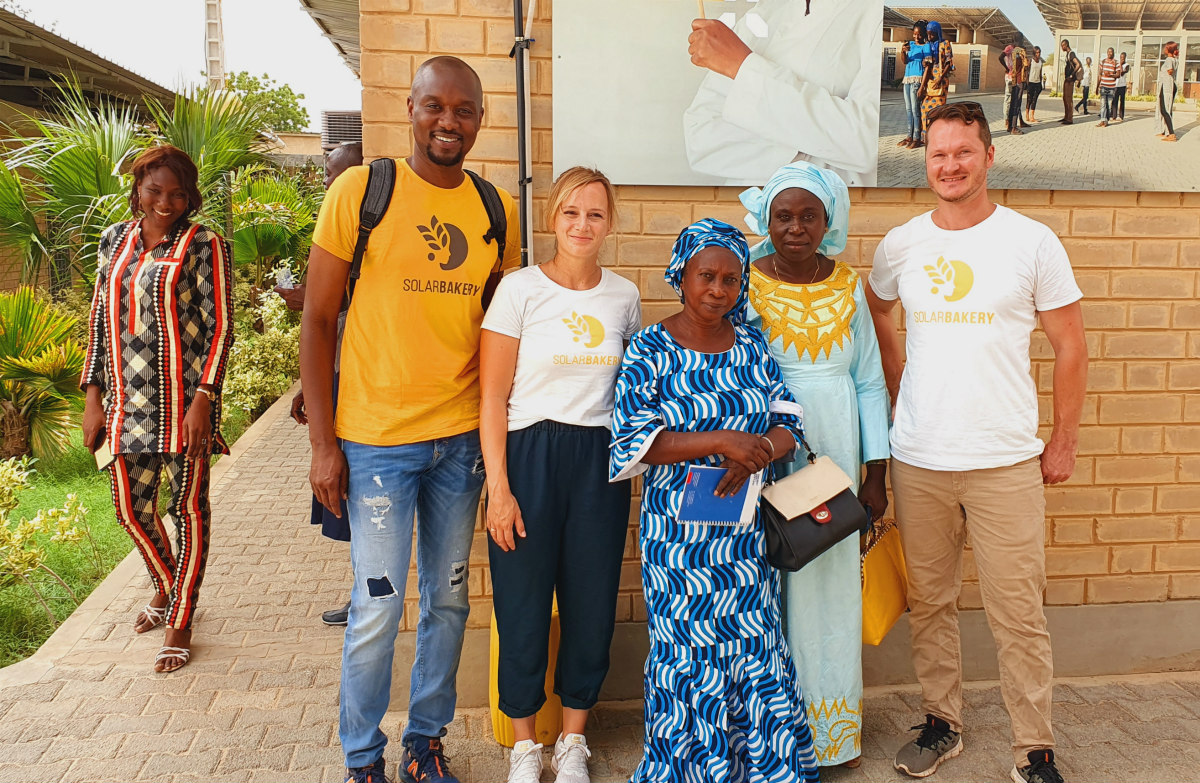
But virtues come with challenges for projects in Congo: fundraising, organizational and bureaucratic issues delayed the project. As the bakery container was finally sent to Africa in 2016, and after three months of shipping, it stood at a depot for five months because the release from a ministry was missing. “The minister fled from one day to the next,” Zimmermann tells me.
“We were students and a bit naive because Congo is a difficult one,” he admits. “People live from one day to the next and corruption is acute, referring to kickbacks even to cross the street.” In 2018 the bakery finally opened in the center of Kinshasa, far from the school as initially planned, but in a better location to reach customers. Nowadays 100 local saleswomen sell the freshly baked bread and 60 students attend the new school in two different classes.
In an unstable African city like Kinshasa, safety is not a concern for Zimmermann. “Local people are so behind the project that they protect it with their lives,” he says. Every day, smiles are on the faces of the saleswomen and they are so engaged with the bakery that they give suggestions for improvement based on feedback from the end customer. And parents met Zimmermann with tears in their eyes because they can send their kids to school for free.
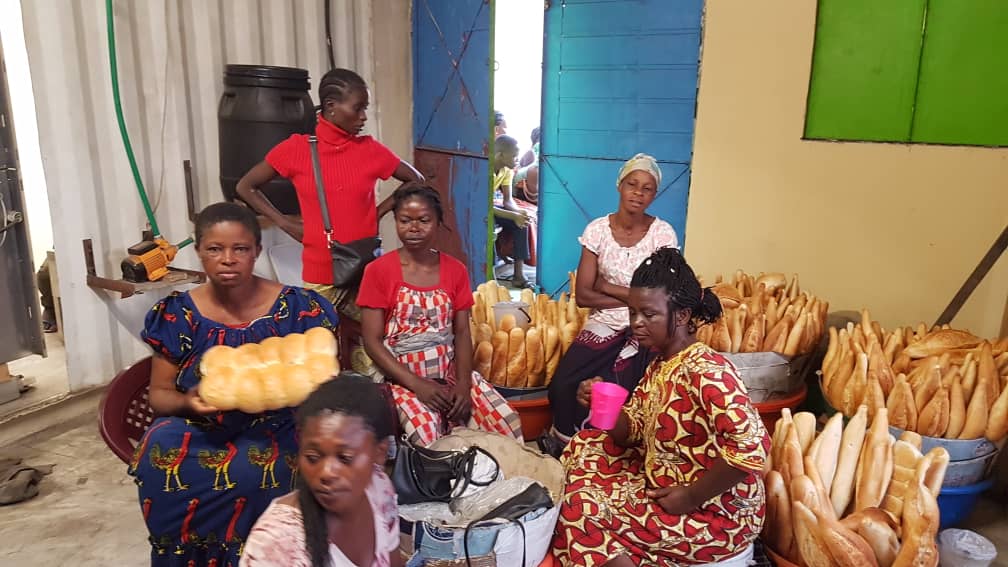
I sense Zimmermann’s tenacity in our conversation, and his efforts in Kinshasa reflect a wider mission to converge social impact and sustainability in African cities. He tells me when he first traveled to Senegal, he was surprised to see another side of Africa. Dakar with its laidback streetlife, beaches and markets is a modern city with a 17 million population with a median age of around 19 years old.
He saw locals on a street corner enjoying their café and demanding good bread. Given an increasing middle-class in African cities, his experience with the bakery in Congo turned out as an opportunity to expand the bakeries while boosting sustainability in an impactful and profitable way.
We ask ourselves, which machines are not strictly necessary to optimize energy efficiency. And we have reduced the bread-making process to 30% overnight using the energy storage in batteries and leaving the rest of the process during sunlight.
“Actually, the bakery in Congo was just a means to an end to finance the school but now mainstream bakeries offering healthy bread are our main focus,” he says. Aware of regular power outages in Kinshasa, he developed, together with his partner at Solarbakery Torsten Schreiber, a concept of mobile, solar powered bakeries which are fully equipped and can be taken easily everywhere. Solar modules are on the roof that store energy into a very large expensive battery inside the container, similar to the one of an electric car.
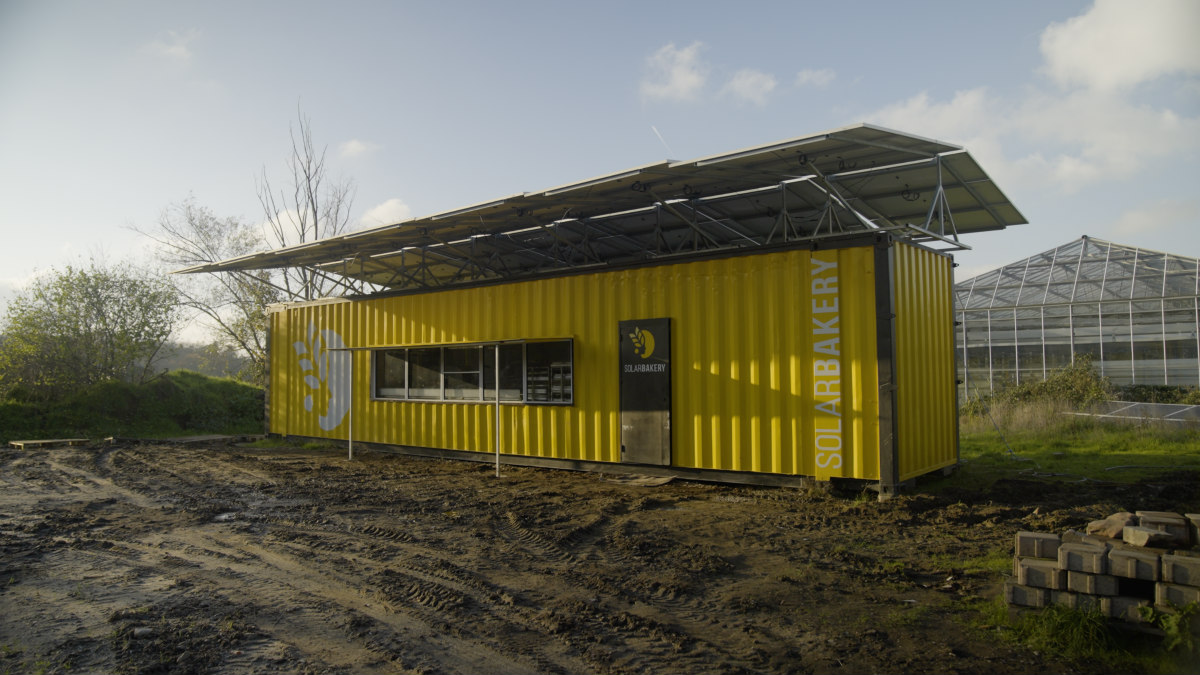
This would be the first self-sufficient and energy independent bakery in the world. And soon it will operate under the African sun. “The continent has very good conditions to be self-sufficient with solar energy. Being so close to the Equator, the radiation angle is optimal,” explains Zimmermann. “In African cities like Dakar the young generation is dealing with the subject of sustainability and the concept of green city and have woken up to the huge potential of solar energy. Yet there is a lack of education and understanding in sustainable practices. And in our particular case this aspect is important because the sun shines during the day, baking happens at night.”
His remark highlights how, due to the circumstances of a bakery powered by the sun, they need to work on redesigning the bread-making process and open up opportunities for sustainability. Retarding the bread dough, which slows down the final rising of the bread, for example, requires a fraction of the energy. Using the “interrupted baking method”, the proofing or fermentation – commonly known as the final rise dough undergoes after being shaped into a loaf, and before it is baked – is usually done overnight using the refrigerator since the cold slows down the rise.
“We ask ourselves, which machines are not strictly necessary to optimize energy efficiency. And we have reduced the bread-making process to 30% overnight using the energy storage in batteries and leaving the rest of the process during sunlight.” Instead of using refrigeration, Solarbakery leaves the dough to slow down during the night and bake during the day using the energy of the sun. “You don’t have to cool down the dough but you have to finish the baking process within 24 hours,” explains Zimmermann.
This is a big shift in bread-making, and it is just one part of it. SolarBakery’s intention is also to use ingredients grown 100% locally. Before this would have been a hopeless goal but now things are starting to change. The desire of local farmers to reduce the dependency of wheat exports, coupled with the growing of native cereal varieties, has increased local agriculture capacity in some African countries.
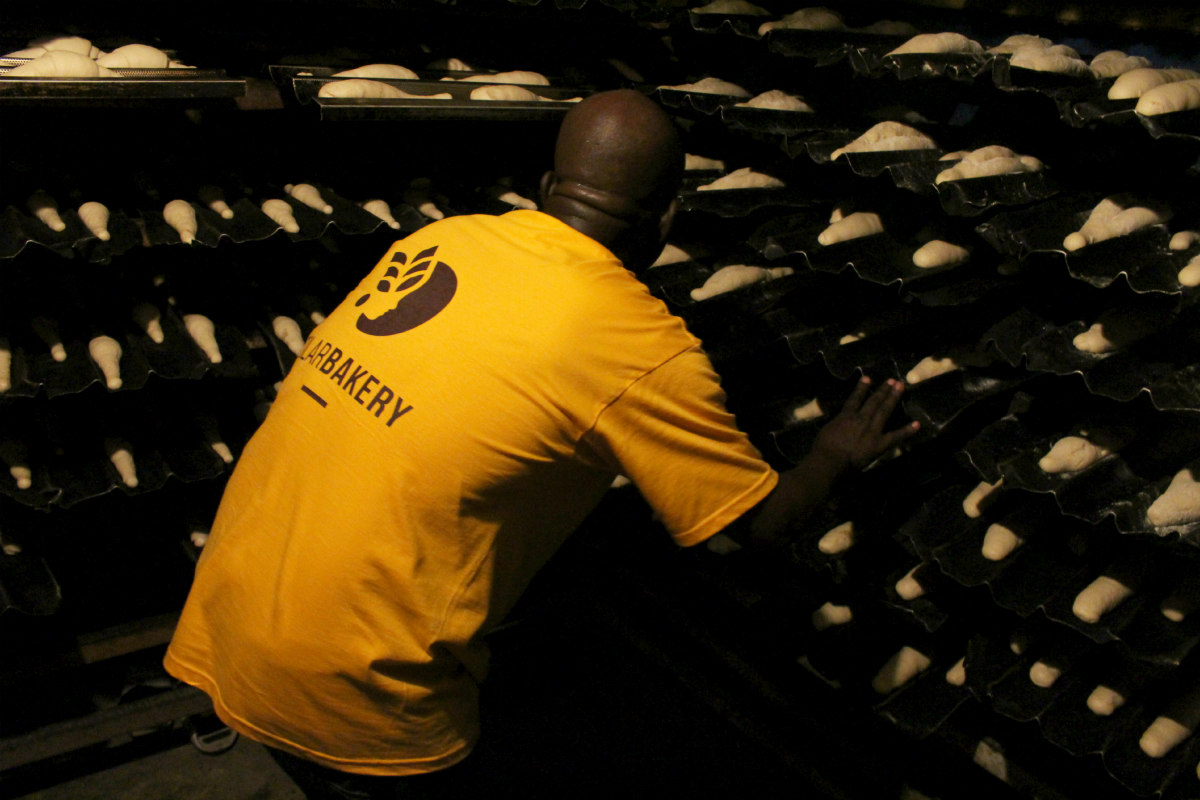
For years, Europe flooded Senegal with cheap wheat, pushing out traditional grain. Mainly Russia, France and Ukraine, have benefited from a growing demand for flour. Due to mass production and EU subsidies, wheat from Europe was unrivaled cheaper than local grain, and “political forces from both sides have never stopped that,” says Zimmermann when I asked him his take on food and food politics.
Europeans have much to lose because they still hold a privileged position in local markets. This is part of a colonial legacy that has hindered sustainable development in Africa for so many years. The war in Ukraine and the push to deal with climate change may well create an opportunity to decouple from exports and change the nature of the African economies.
No more wheat from Russia and Ukraine is currently arriving in places like Dakar that has caused prices to explode. Motivated by the risk of hunger crises and uprisings, African countries, which have been slow to reduce the dependency of exports, are now accelerating a shift into more sustainable local farming. For instance, Senegal hopes to boost domestic agriculture with the help of a program funded by the World Bank.
Local grain producers feel that they now have a chance to rediscover and modernize traditions suppressed by colonialism and fight for their own food sovereignty. The usage of traditional seeds on farms, instead of industrial seeds from abroad, offer an alternative to soaring fertilizer costs. Russia’s invasion of Ukraine pushed up the price of natural gas, a key feedstock for nitrogen fertilizer, to a record high. Traditional seeds can be cultivated in a small space and don’t require vast amounts of conventional fertilizer, which has negative impacts on the environment, human health and biodiversity.
While the momentum behind the farming of cereal varieties such as cassava, millet and sorghum continues to build, Zimmermann says that these traditional ingredients with more nutrients, and which were long forgotten, are experiencing a renaissance in Senegal and other African countries and bread habits are changing.
Bakeries alone are not going to boost sustainability, but as in bread-making every step counts, and those new practices in African cities add up to a different vision that can decolonize the legacy of the baguette for a sustainable Africa.
